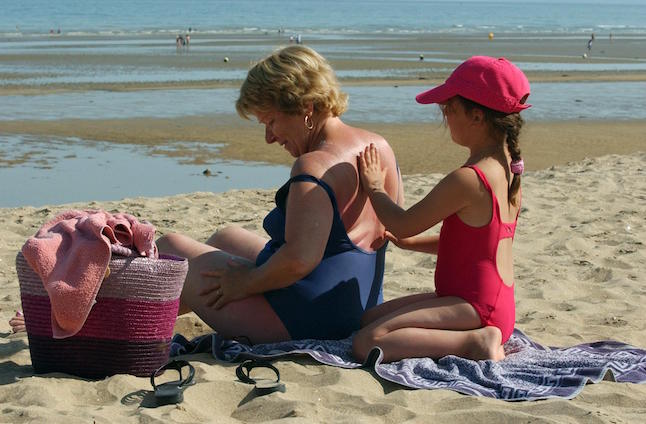Sveriges Radio (SR) registered the name of its summer talk radio program last year 48 years after the première of the show. The show features personalities from all spheres of Swedish society talking for 90 minutes about a subject of their choice and accompanied by their favourite music.
The copyright extends beyond the sphere of radio to CDs, calenders and a variety of internet and telecom services, Dagens Media reports.
Swedish supermarket retail giant Ica lodged a complaint with the Swedish Patent and Registration Office (PRV) arguing that the word “summer” (in Swedish: sommar) is so universally applicable that its copyright should not be possible.
Ica argued that the trade mark registration needs to distinguish between the use of the word “Summer” within radio from its use in other situations and for other products.
The patent office rejected Ica’s complaint.
In its decision the patent office said that, “the word summer refers to the season that follows spring and which is characterized by light and warmth.” Summer is also, the patent office ruled, “a suggestive term that has the necessary distinction to be registered as a trademark.”



 Please whitelist us to continue reading.
Please whitelist us to continue reading.